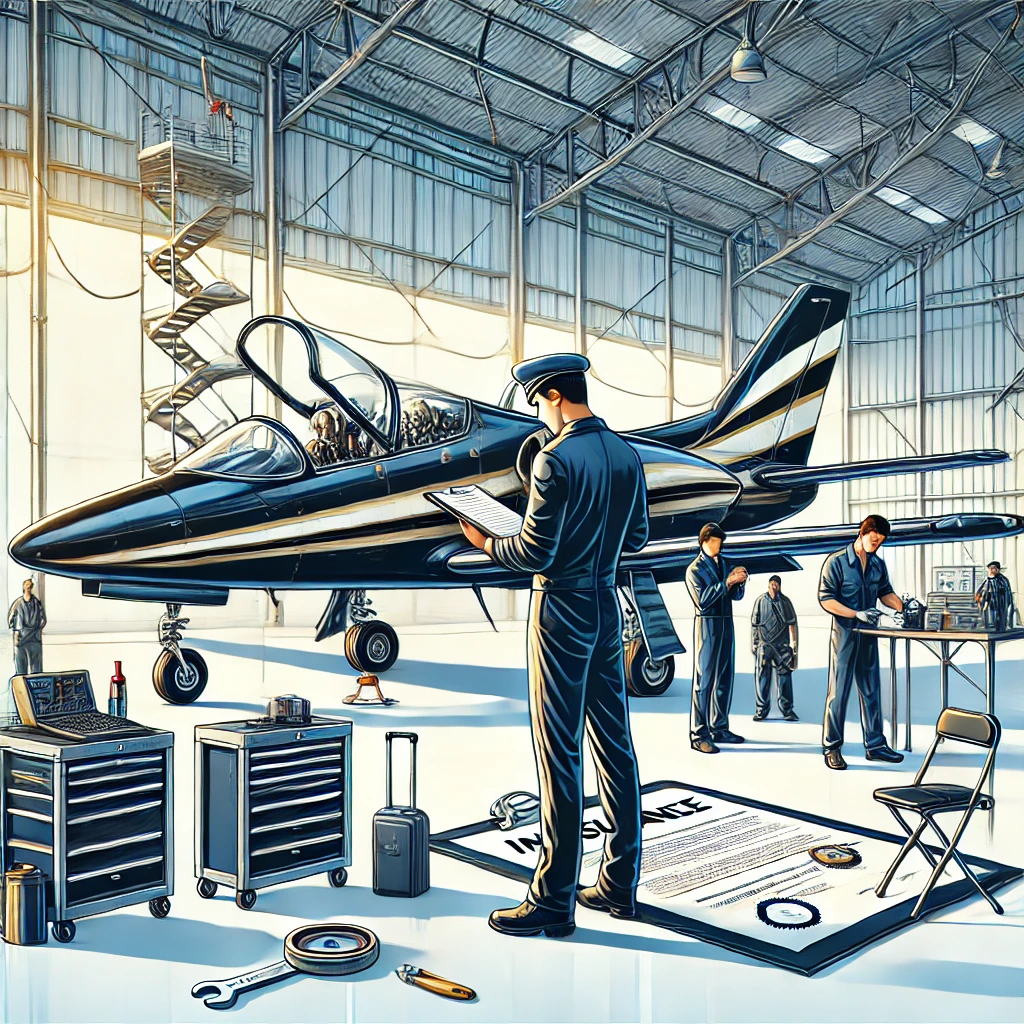Airplane insurance is a critical safeguard for any aircraft owner. For specialized aircraft, which often possess unique features and operational requirements, crafting a customized policy ensures maximum protection. The right insurance not only secures your asset but also addresses specific risks inherent to your aircraft’s design and use.
What is Airplane Insurance?
Airplane insurance is designed to provide financial protection against potential losses involving aircraft. This includes damage to the aircraft itself, liability claims from third parties, and even injury coverage for crew and passengers. When it comes to specialized aircraft—such as drones, vintage planes, or high-performance jets—the need for tailored insurance becomes even more pressing.
Specialized Aircraft Explained
Specialized aircraft include a diverse range of vehicles, each with distinct insurance needs. Examples include:
- Drones: Require liability and operational risk coverage.
- Vintage Aircraft: May need protection against restoration costs and rare part replacements.
- High-Performance Jets: Demand advanced liability and hull coverage for high-value assets.
- Experimental Aircraft: Often necessitate specialized policies for testing and operational risks.
Understanding your aircraft’s unique attributes is the first step toward selecting an appropriate policy.
Key Features of Airplane Insurance
Coverage Options in Standard Policies
A standard airplane insurance policy generally includes liability coverage, hull protection, and personal injury options. While these policies offer baseline protection, they often fall short for specialized aircraft with non-standard risks.
Exclusions in Airplane Insurance
Typical exclusions in standard policies can include operational risks during experimental flights, use in high-risk areas, or damage due to wear and tear. Addressing these gaps through custom endorsements is essential.
Role of Premiums and Deductibles
Premiums and deductibles vary based on factors such as aircraft type, usage, and geographic range. For specialized aircraft, higher premiums may be justified by the unique risks involved.
Customizing Your Policy
Why Customization is Essential for Specialized Aircraft
No two aircraft are the same. Customization ensures your policy addresses specific concerns, such as unique equipment or high-risk operations.
Identifying Specific Coverage Needs
Start by analyzing your aircraft’s operational profile. Consider factors like flight hours, geographic range, and operational purpose.
Adding Riders and Endorsements
Riders, such as war risk coverage or expanded liability limits, can be added to bridge gaps in your policy.
Liability Insurance
Understanding Liability for Specialized Aircraft
Liability insurance covers damages your aircraft may cause to third parties. For specialized aircraft, this might include coverage for high-tech equipment or advanced navigation systems.
Choosing the Right Liability Coverage
Ensure your policy reflects potential liabilities unique to your aircraft. For example, drones may require broader coverage for data privacy violations.
Hull Coverage
Importance of Hull Coverage for Specialized Aircraft
Hull coverage protects against physical damage to the aircraft. This is especially critical for high-value or vintage planes where repair costs can be astronomical.
Tailoring Hull Coverage for Unique Aircraft Features
Policies can be adjusted to include provisions for rare material replacements or unique maintenance needs.
Geographic Considerations
Coverage for International Operations
If your aircraft frequently crosses borders, ensure your policy includes international coverage. Different countries may require specific insurance compliance.
Flying in High-Risk Areas
High-risk zones often necessitate additional endorsements, such as war risk or political unrest coverage.
Cost Optimization
Balancing Premiums with Comprehensive Coverage
While comprehensive policies are often costlier, they provide peace of mind. Evaluate premium structures and deductible options to find a cost-effective balance.
How to Save on Specialized Aircraft Insurance
You can lower costs by bundling policies, maintaining a strong safety record, or taking additional safety training.
FAQs
How do I know if my aircraft qualifies as specialized?
Specialized aircraft often include unique designs, operations, or high-value equipment. Consulting an expert helps identify qualification criteria.
Can I insure experimental aircraft?
Yes, but policies often need customization to cover testing risks and non-standard operations.
Is hull coverage mandatory for all aircraft?
Not always, but it’s highly recommended for valuable or rare aircraft.
What happens if I fly without proper coverage?
Operating without adequate insurance can lead to financial and legal repercussions.
How are premiums calculated for specialized aircraft?
Premiums depend on factors like aircraft type, usage, geographic range, and pilot experience.
Do I need separate coverage for drones?
Yes, drones often require specialized liability and operational risk coverage.
You Can Also Read : How to Avoid Common Debt Traps: Smart Tips for Better Financial Health
Conclusion
Customizing an airplane insurance policy for specialized aircraft is essential to protect your investment and mitigate risks. With the right coverage, you can confidently navigate the skies, knowing your unique aviation assets are fully secured. Partner with an experienced broker and regularly review your policy to adapt to changing needs and regulations.
